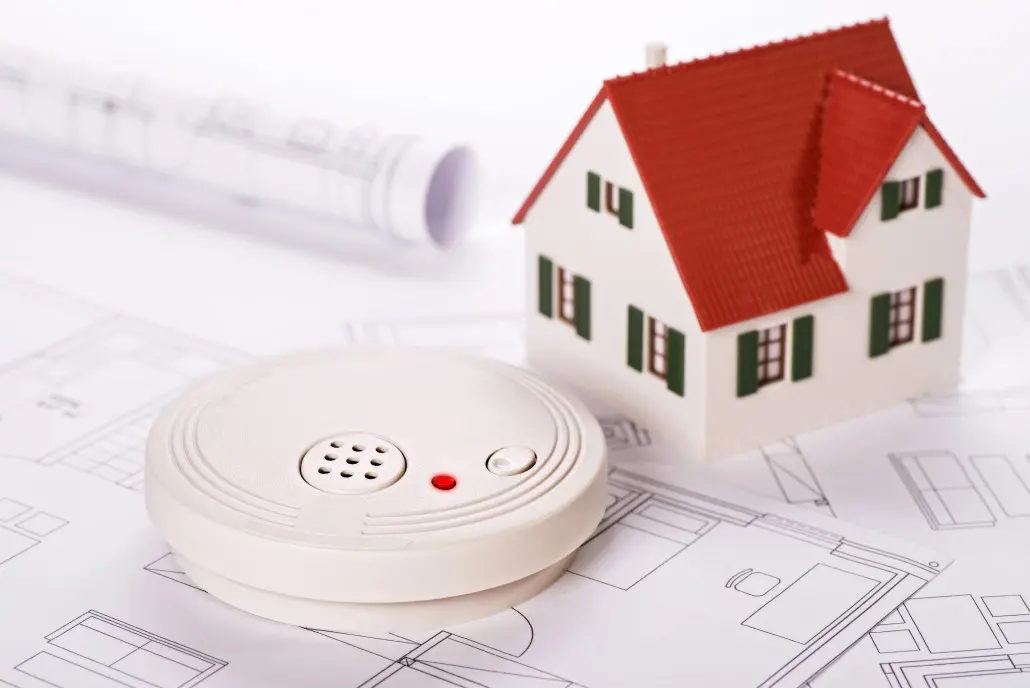
Pros and Cons of Proximity Card Readers Systems for Access Control
Commercial properties heavily rely on access control systems, which is why proximity readers are becoming increasingly popular with all types of businesses.

Commercial properties heavily rely on access control systems, which is why proximity readers are becoming increasingly popular with all types of businesses. What is a proximity card access system? Proximity readers use wireless technology to allow access control devices to communicate with each other; they utilize low-frequency RFID (radio frequency identification) technology.
Many businesses have already opted to use proximity access control systems to facilitate authorized personnel gaining access to their properties. This system is flexible and can be programmed to fit each business uniquely.
What Is a Proximity Card?
A proximity card is a wireless and contactless card that allows the user to gain access to a building. This type of card can be read without sliding it into a card reader or positioning it onto a card reader. These kinds of fobs can even be inside wallets or purses — they just have to be within the activation radius of the card reader to unlock the doors.
What Is a Proximity Card Reader?
Proximity card access reader systems allow the user to gain access with their credentials. A proximity card system is made up of three components: a proximity card, a token, and a physical fob that controls the software that will allow the user to unlock the door. A proximity card reader will wirelessly communicate using a metallic antenna coil embedded inside the card.
Main Types of Proximity Cards Readers
There are many types of proximity card readers, and they often look the same to the naked eye. What separates them is their power supply and how they are connected to the access control system.
- Wired proximity reader: This wired reader uses the Wiegand protocol, which has been around for decades. This type of proximity card reader is a popular access reader because it is compatible with most commercial access control systems. However, because it has been around for a while it must be upgraded with advanced end-to-end encryption to ensure that it remains free from hacking.
- Wireless proximity reader: This type of reader is battery-powered, which eliminates the wires; however, a setback of this type of proximity card reader is that the batteries must be checked regularly. It’s often used in high-trafficked areas with a wide range of access points, such as hotels.
- IP-connected proximity readers: These are highly advanced readers that connect directly to the building’s IT system using an Ethernet connection. These types of proximity card readers must be encrypted to ensure that they can’t be hacked. Because of their connection they can be hacked if the building’s IP is compromised by cyber-criminals.
- Standalone proximity readers: As the name suggests, these types of card readers don’t connect to a control panel — they store sensitive information on the reader itself. These are more vulnerable readers and are recommended for either low-security facilities or as an additional security measure within a building.
Advantages of Access Control Systems Based on Proximity Cards

Proximity card readers have become a permanent fixture of most commercial properties and office spaces. They have been considered top-notch industrial security solutions for decades and are still commonly used today throughout a wide range of industries.
- Harder to clone: Locks and keys can be easily copied, but proximity cards or fobs are harder to reproduce which adds a security element that is attractive to all businesses.
- Easy to install and implement: These types of proximity card readers have been around for decades, and most people are familiar with them which means they require no staff training. They are also easy to install since security companies have been installing these types of readers for a long time.
- Easy to integrate: Proximity card readers easily integrate and are compatible with most security systems already in place. Coupled with CCTV security systems and other security measures, they can add an invaluable layer of safety for your commercial property.
- Reduces wear and tear: Because these types of proximity card readers are contactless, they aren’t prone to wear and tear damage which can be visible in a lock and key doors.
- Hygienic: Since the arrival of the COVID-19 pandemic, most people have become more aware when needlessly touching door handles or keypads because of hygienic reasons.
- Improves day-to-day operations: Proximity card readers can help ensure that less time is wasted and improve access control efficiency while promoting security.
Disadvantages of Access Control Systems Based on Proximity Cards
Even though proximity card readers offer many benefits to any business, it is important to be fully aware of all of their limitations before choosing the access control system that will best suit your business.
- Read range: This will vary from card reader to card reader, but the range is an important factor. If the range is too short, then it may be more challenging for the user to use the card comfortably in a contactless way.
- Hackable: End-to-end encryption is advised for all proximity card readers to avoid making them vulnerable targets for hackers.
- Power or internet outages: It is imperative when installing a proximity card reader to have a fail-safe backup in the event of a power or internet outage which may render the entire system mute in the event of an unforeseen emergency.
- Key card security: Because key cards can be copied these days, it is important to choose the right key card and reader that will complement your existing security without being an additional security risk to your business.
- Cards can be demagnetized: Proximity card readers require RFID technology, which means that the chip embedded within the card can be vulnerable to the elements and can get damaged over time. This means that employees who use these cards need to be informed about how to store them when the cards are not in use to prevent damage or demagnetization of the chip within the card.
Is Proximity Reader Access Control What You Need?

When deciding whether a proximity card reader access control system is good for your business, it is important to consider your needs. Proximity card readers are used in a wide range of fields such as medical and fitness facilities, residential buildings, corporate office spaces, parking garages, airports, stores and storage facilities, logistics, and more.
When deciding whether a proximity card reader could be beneficial, traffic must be considered, as well as the number of access points needed. It is advantageous to be informed and find the right access control system to best suit your type of business.
Conclusion
Touchless and wireless proximity card readers are the way of the future. Individuals and businesses have found that the advantages of proximity card readers and the security they bring far outweigh the disadvantages. Proximity card readers are an excellent upgrade to an existing access control system that will offer flexibility and security to your business.
Feel free to contact us at Forbel! Our expert professionals are ready to guide you in making the best choice for your business to ensure wireless, contactless security. The future is at your fingertips, and we will ensure you make the safest choice for your commercial property.

Heading







